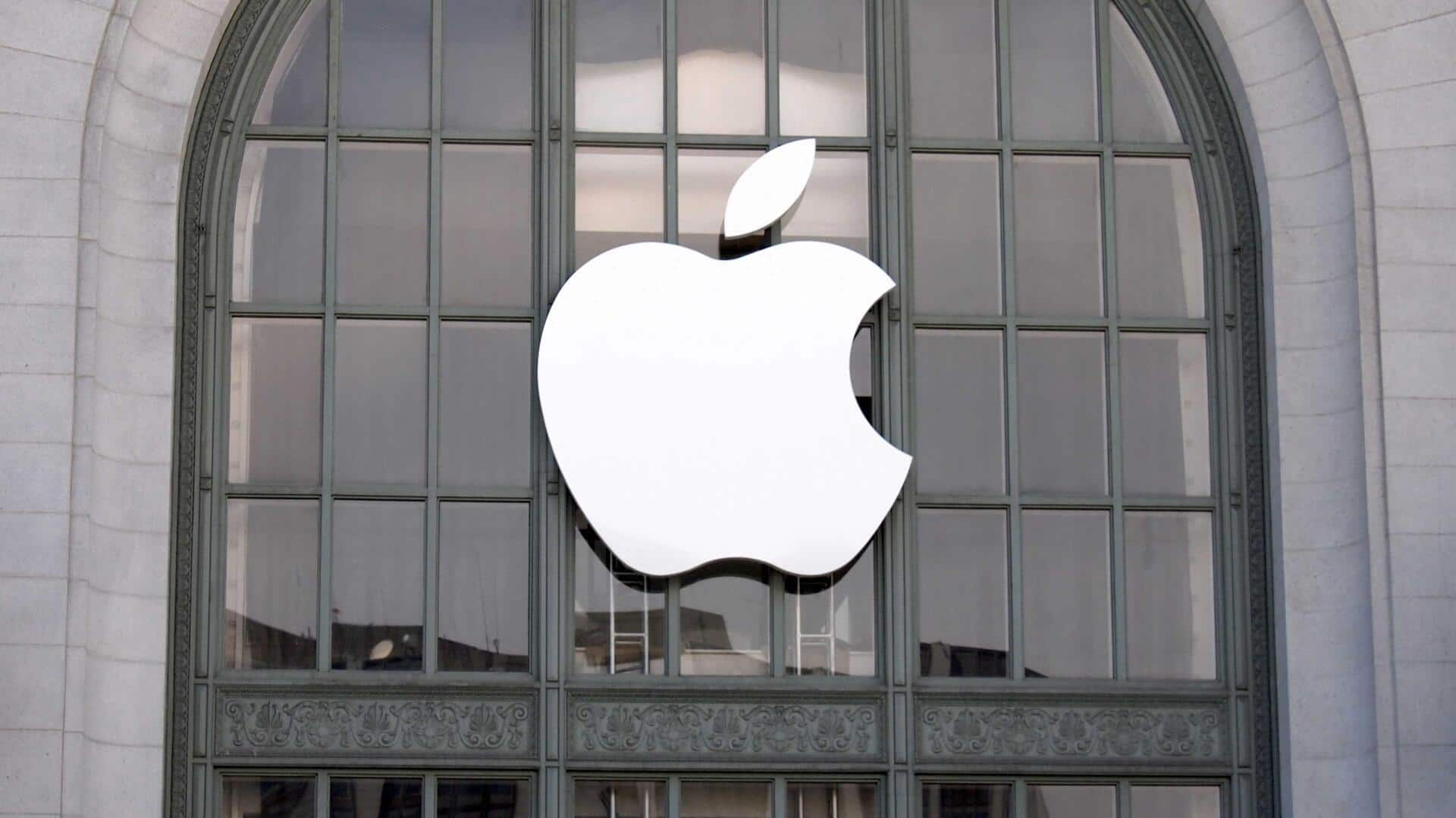
Apple to announce fresh investment of $100B in US
What's the story
Apple is announcing an additional investment of $100 billion in the US, as part of its latest pledge to ramp up domestic production. The move comes as a strategic effort by the tech giant to sidestep potential tariffs on its flagship iPhones. The announcement was made at the White House today and includes a new manufacturing program aimed at bringing more of Apple's supply chain operations back to America.
Economic impact
Manufacturing program to reshore production of critical components
The White House said the new manufacturing program will focus on producing critical components domestically. White House spokesperson Taylor Rogers hailed the announcement as another victory for America's manufacturing sector. She said it would help reshore production of these critical components and protect both economic and national security interests in US.
Investment strategy
Trump threatened Apple with 25% tariff earlier this year
Earlier this year, Trump had warned Apple of a possible 25% tariff if it didn't shift iPhone manufacturing to the US. The tech giant's CEO Tim Cook has been leading efforts to get an exemption for its iPhone line-up, which is mainly manufactured in China and India. Apple had already announced plans to invest $500 billion in the US over four years, including building a new server manufacturing facility in Houston and a supplier academy in Michigan.
Market dynamics
Apple's total commitment jumps to $600B
The latest announcement takes Apple's total commitment to $600 billion, as per the White House. This comes as Trump prepares to announce a tariff on all products with semiconductor chips next week. The President's country-specific tariffs on dozens of trading partners are also set to take effect tomorrow. If Cook manages to win these tariff exemptions again, it could help Apple dodge costs that analysts expected would eat into profit margins and raise consumer prices.